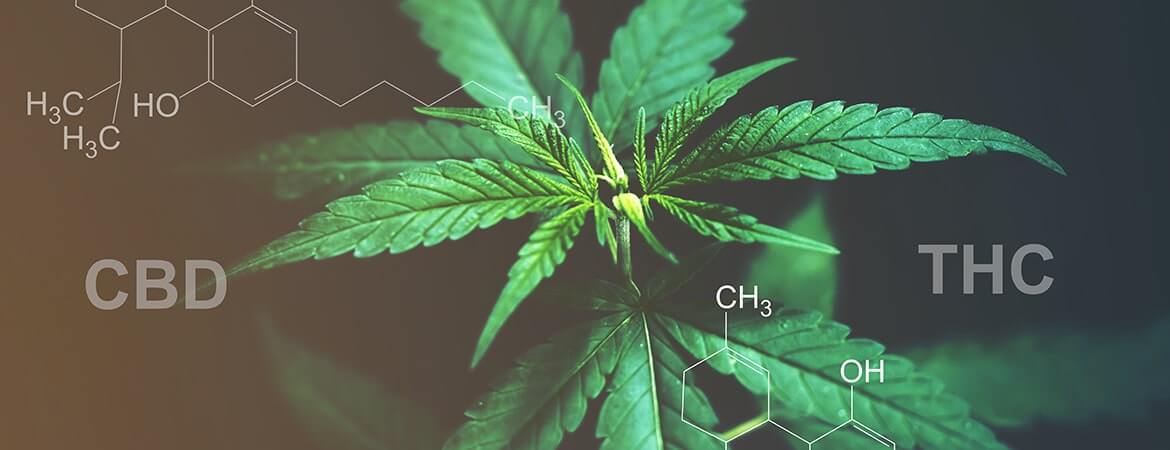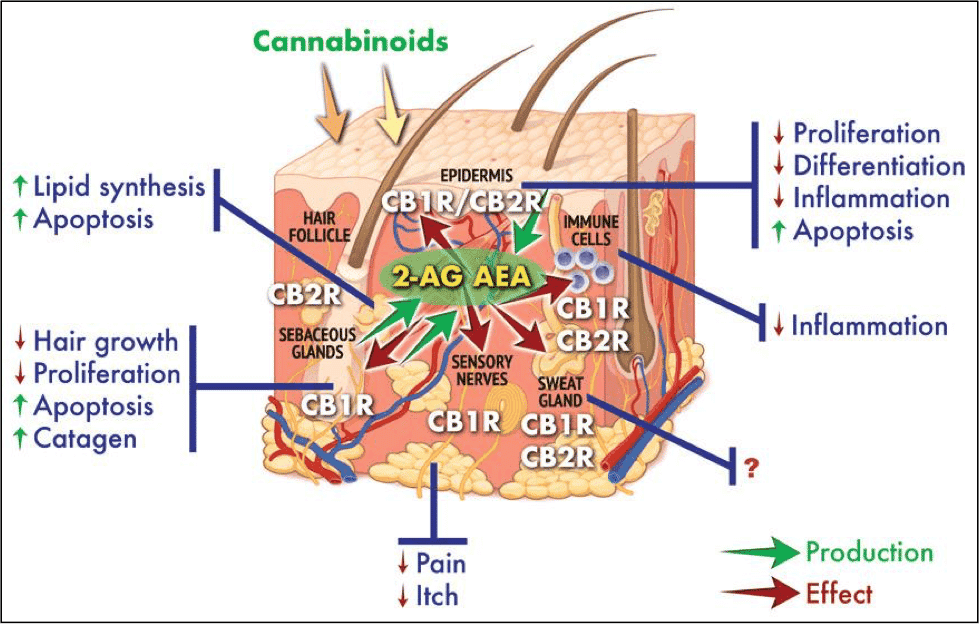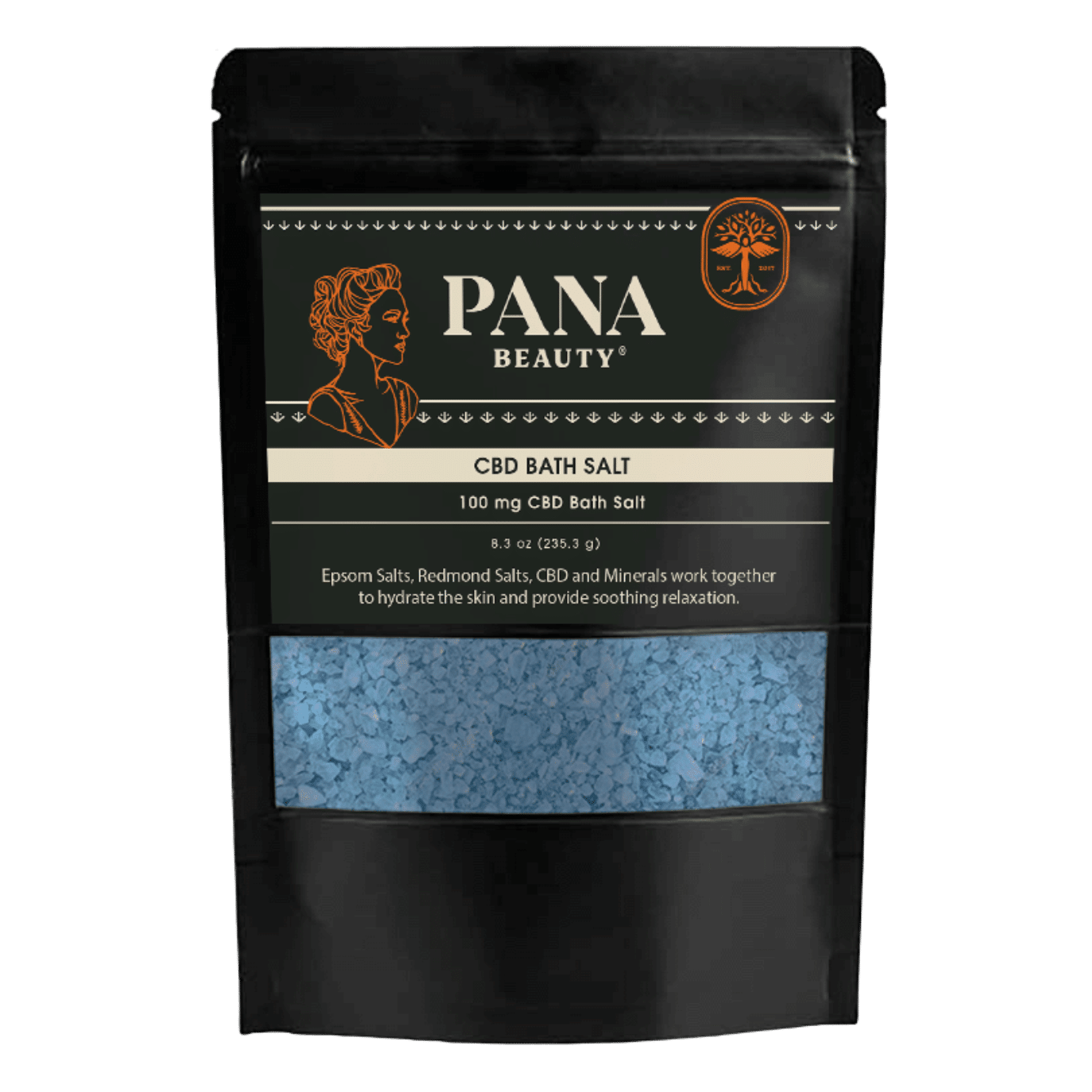It seems that everywhere you look these days, people are talking about the natural properties of cannabidiol (CBD), and one of the things that keep on coming up is CBD as an antiseptic. Regardless of whether CBD does have any antiseptic properties, it is something work taking a closer look at. In the following article, we will look at some of the studies and research into CBD’s antiseptic properties.
People around the world have been using cannabinoids such as CBD for thousands of years for its potential beneficial properties. It was used in ancient ceremonies and as an ingredient in a variety of traditional medicines. It was only over the last century that we have seen people turn away from cannabis products, but that has all started to change over the last decade.
Could CBD be the natural antiseptic that has been right there in front of us for thousands of years?

Given the current circumstances with COVID-19 and the global pandemic, it is no surprise that people are starting to look for alternative antiseptics and anti-bacterial products. If you are trying to avoid germs and bacteria, then, unfortunately, you are fighting a losing battle. Everywhere in the world, there are germs and bacteria. They are part of the biome that exists around us.
A certain amount of exposure to germs and other bacteria is healthy. It helps to strengthen our immune system, but other bacteria can cause serious health complications and even lead to death. It is not all doom and gloom; however, there are solutions out there that can help to combat bacteria.
All around the world, people use chemical antiseptic creams and lotions, take anti-biotics, and also use antibacterial hand sanitizers and moisturizers every day. While this may help in the short term to fight off harmful bacteria, it can have devastating long-term problems. Not just for individuals, but also people around the world in general.

-
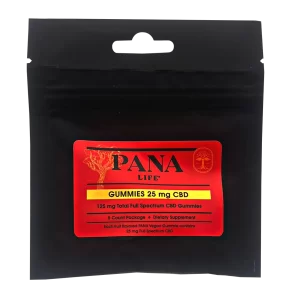
Full Spectrum CBD Gummies TO-GO Pack
$6.95 Add to cart -
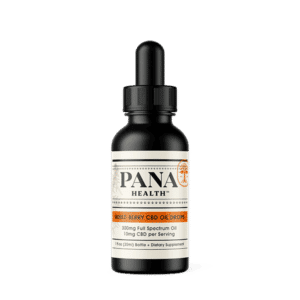
CBD Oil Drops (Full Spectrum)
From: $17.45 Select options This product has multiple variants. The options may be chosen on the product page -
Sale!

Stress Less Bundle
Bundle Price: $27.63 Add to cart
Overuse of antibiotics and anti-bacterial products around the world to fight off bacteria is causing the bacteria to become resistant to many treatments that were once effective ways to stop bacteria. These ‘superbugs,’ as they are commonly labeled, among the biggest threats to the health of people worldwide. So much so, that the CDC has listed them as a threat and concern requiring a close watch.
What About CBD’s Antiseptic Properties?
Fortunately, if you are concerned about chemical-based antiseptics and anti-bacterial lotions and creams, there could be a more natural solution that has been in front of us this entire time. One of the biggest things holding back modern science from taking a look at CBD was that for the last century, it had been lumped together with tetrahydrocannabinol (THC) into the category as a dangerous and illegal narcotic.
This incorrect assumption that CBD is the same as THC the same is, unfortunately, a frequent public opinion, regardless of how wrong it is. Over the last decade, this opinion has slowly changed because of the great work of many CBD companies and their dedication to educating people about what cannabis is and how cannabinoids work.
CBD has been shown through several different studies to have natural antiseptic properties. CBD also has the added benefit of being completely natural. When compared to many other pharmaceutical medications, CBD could be a safer alternative with fewer negative side-effects. That is not to say that CBD does not have any side-effects. Some studies have shown that it could cause drowsiness, nausea, dry mouth, and may have interactions with other medications.
How does CBD work and interact with our bodies?
CBD is a cannabinoid derived from the Cannabis sativa plant family that includes both hemp and marijuana. Most CBD products are made using hemp because it is high in CBD and low in THC.
Cannabidiol (CBD) and other cannabinoids interact with the Endocannabinoid System (ECS). It affects the CB1 and CB2 receptors. Interestingly, CBD may reduce many of the negative side-effects, such as nausea, paranoia, and anxiety that are associated with THC. CBD does this by binding with the same receptors as THC and effectively blocking THC from binding as effectively to the receptors.
The ECS is made up of a series of receptors that are spread throughout the body but strongly focused on the brain, the central nervous system, and the immune system. It is because of the way that these receptors are spread throughout the body that CBD has so many versatile delivery methods, including oils, tinctures, edibles, and topicals.
It is believed that the ECS is responsible for maintaining balance and harmony (homeostasis) throughout the body. Our bodies naturally produce endocannabinoids, and even if you have never tried cannabis, you have an ECS. When something is functioning correctly, endocannabinoids, and cannabinoids such as CBD, send a signal to the cells to trigger the correct responses to help restore balance and harmony.
Endocannabinoids and cannabinoids are like the eyes and ears of the cells inside our bodies. They are constantly monitoring what is happening and taking action to correct things when they get out of order.
Could CBD be a natural cure for drug-resistant bacteria?
One of the deadliest bacteria that are encountered by doctors around the world is drug-resistant MRSA. However, there have been some exciting and very promising studies on the effectiveness of CBD’s ability to fight MSRA. This is extremely exciting because many traditional antibiotics have failed to fight off MSRA successfully.
MSRA is a strong bacterium that is highly resistant to many traditional antibiotics. It can then spread out of control throughout the body and lead to life-threatening infections and, ultimately, in severe circumstances, even death. It is because of this that scientists around the world have been looking for effective ways to combat MRSA.
A group of British and Italian researchers has had a lot of success using CBD to kill MSRA bacteria in laboratory conditions effectively. They utilized extracts from five different cannabinoids and then applied these extracts to six strains of MRSA. During these studies, they found that cannabinoids could be as effective or even more effective than many traditional antibiotics at killing MRSA.
It is great to see that scientists are finally starting to consider the natural properties of CBD and that their research is no longer being restricted because of marijuana being classified as a narcotic. Many CBD companies around the world are strongly focused and dedicated to promoting the natural healing properties of CBD and other cannabinoids, as well as educating people on the differences between the two main cannabinoids CBD and THC.
Cannabis products such as CBD products have come a very long way in a very short time. However, there is still a lot more research that needs to be conducted, and part of that research is education about the potential benefits of CBD and other cannabinoids.
CBD antiseptic properties conclusion
Despite the fact that CBD is showing potential natural anti-bacterial and antiseptic properties, there is still a lot more research and studies that need to be done before we can start rolling out CBD antiseptic products on supermarket shelves.
We have taken a lot of time looking through a variety of different studies that have shown a positive outlook for CBD and its ability to be a natural and safer antiseptic than many chemical products on the market. It also has the benefit of being 100% natural. There are no pharmaceutical additives or chemicals. It isn’t mixed in a laboratory somewhere using who knows what chemicals. You can learn more about the safety concerns of making CBD here.
As more countries change their attitude, laws, and regulations regarding cannabis products such as CBD, we are going to see more and more of these studies being conducted into the potential natural benefits of cannabinoids such as CBD.
If you have any questions about the antiseptic properties of CBD or would like to share your experiences with CBD, then please do not hesitate to let us know. We love to hear feedback from people that have had positive experiences with this natural product. You can email us at [email protected]

